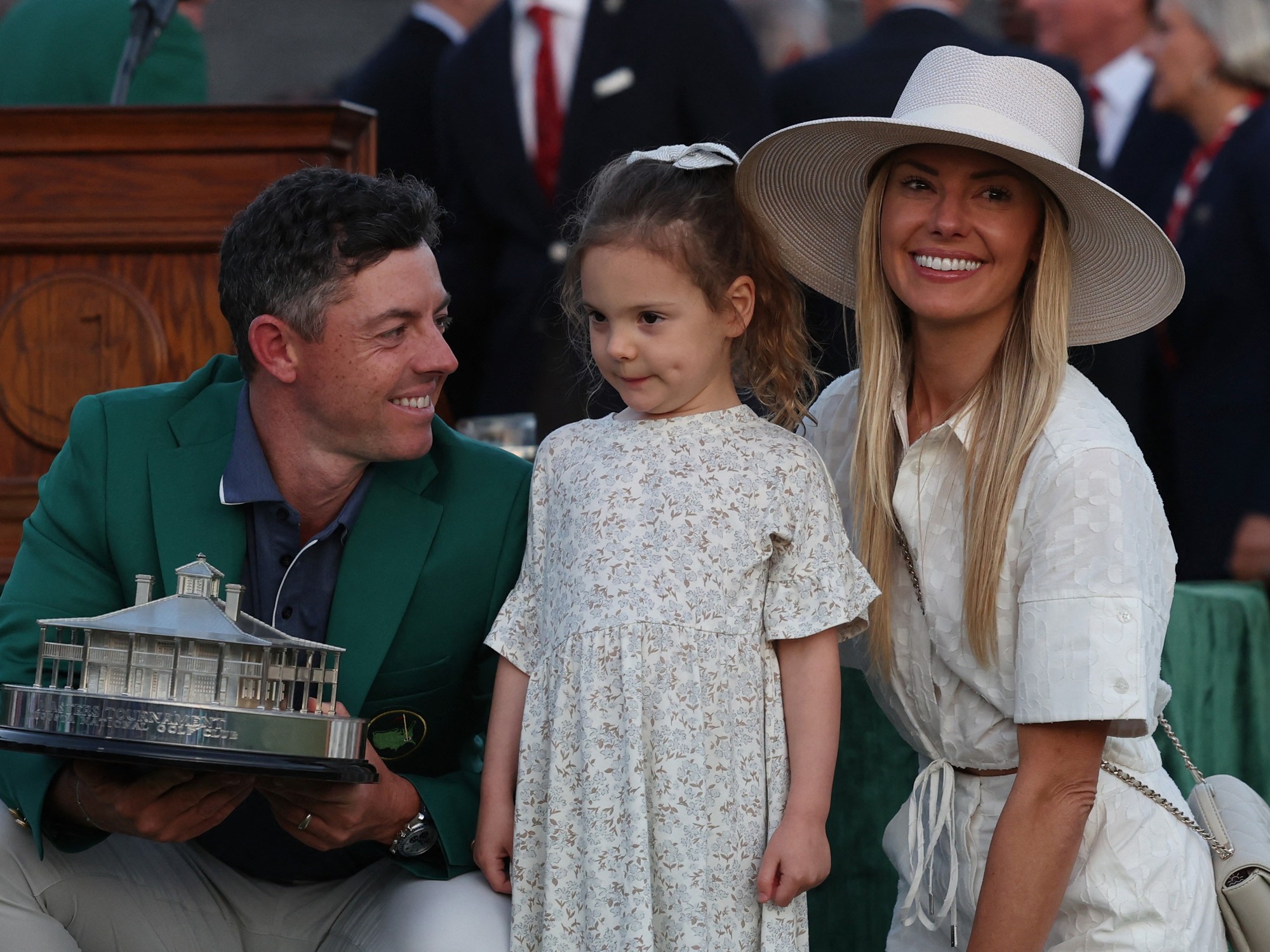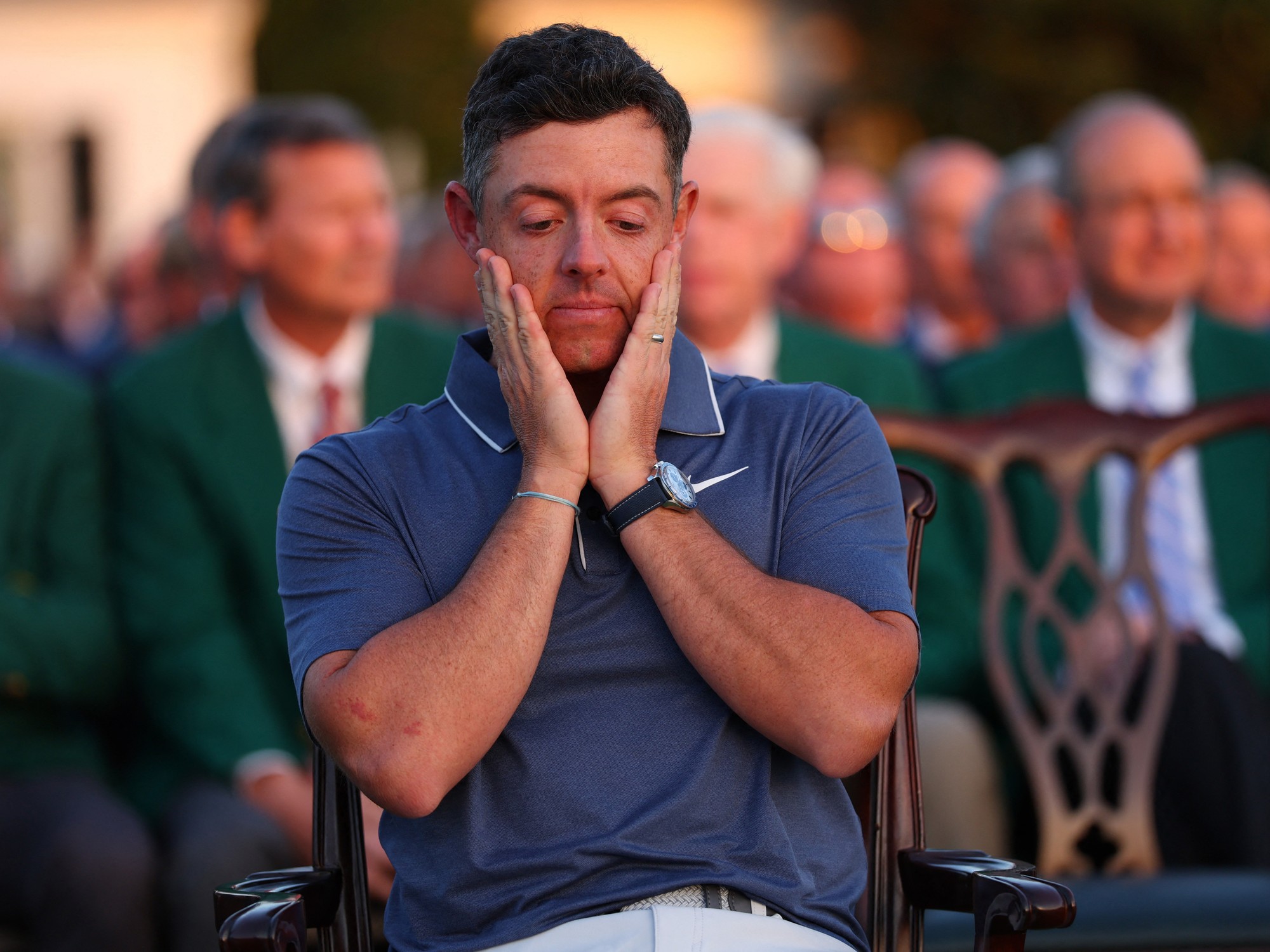Performance-related pay targets undermined investigations in police says whistleblower
GB News
In the second part of our exclusive interview with an ex-South Yorkshire Police officer, he exposes how high-ranking police officers were incentivised to overlook grooming gang abuses
Don't Miss
Most Read
Trending on GB News
In an exclusive interview with GB News, a retired South Yorkshire policeman alleges high-ranking officers were discouraged from investigating grooming gang activity in Rotherham because they would lose out on a "wad of money" due to performance-related pay.
The explosive allegation comes after we exposed the influence local politicians had on South Yorkshire Police's handling of the Rotherham scandal, which saw at least 1,400 working-class girls raped and trafficked by groups of predominantly Pakistani men from 1997 to 2013.
Why the force did not investigate and bring swift justice to the abusers and protect the child victims, some of whom were as young as 11, has been the subject of multiple inquiries and investigations over the years, but many questions remain unanswered.
A patchwork of failures emerged from our exclusive three-part interview with a retired South Yorkshire police officer, from a pervasive fear of being accused of racism to political corruption.
Darren Jones (his real name changed to protect his anonymity) tells GB News that a "big push" towards appraisals and performance-related pay (PRP) at that time dictated which complaints were investigated and which were dropped.

Performance-related pay undermined investigations into grooming gangs, whistleblower claims
GB News/Getty Images
Superintendents were put on PRP, which aligns officers' compensation with their performance, to incentivise efficiency and effectiveness in their duties.
Busting a grooming gang ring is unlikely to produce quick results - given the manpower and resources such an investigation requires - so more straightforward cases and box-ticking exercises took priority.
He explained: "If you're a superintendent - you're not going to get a wad of money if your violent crimes going through the roof, your staff appraisals aren't ticked off or training in the workplace slides. So there was more urgency put on those sorts of things than there ever was for anything else, particularly the Rotherham grooming gangs."
Jones, who served during the same period as the Rotherham abuses, outlined to GB News the procedures that senior officers would follow and the impact that these would have on how grooming gang complaints were treated.
In daily meetings, inspectors would be "corrected" on how they directed their staff and had to make sure all appraisals were up to date, along with the key performance indicators for the district to run.
On the appraisals, he says, "you had an action plan and targets you had to meet".
The retired officer alleged to GB News: "I can guarantee that at that time grooming gangs and sexual abuse of young children wouldn't be even looked at by the senior community.
"If somebody would have turned up at that time saying, 'I have information about how many girls were being taken away, they [the girls] would probably be referred to as the 'naughty kids on the street'. Sure, they'll deal with them. But it wasn't a big push. The tick box culture meant they took their eye off the ball."
LATEST MEMBERSHIP DEVELOPMENTS

Senior officers passed the buck for the grooming gang failures on to lower ranking officers, whistleblower claims
GB News
Jones claims senior officers passed the buck for the grooming gang failures on to lower ranking officers while they focussed on paperwork and process.
Senior officers were never questioned," he claimed, adding: "I think the chief constables at that time should be called in and be asked: 'What were you directing your superintendents down at a BCU (Basic Command Unit) level, at district command unit level?'"
In South Yorkshire, you've got the chief constable, deputy chief constable and the assistant chief constable, who is in charge of all the districts (Barnsley, Rotherham, Doncaster and Sheffield), Jones explains.
"Those chief superintendents in those districts - what were their performance indicators for that year? I guarantee that abuse of women or girls wasn't featured."
While acknowledging the force's historic failures, lessons have been learned since then, he's keen to stress.
"From a policing perspective, I think they've probably got their eye on the ball now; I know that the teams now involved in sexual abuse investigations are massive. If there are any allegations of things like that, I think it's investigated straight away. I think they are on board with that now," he told GB News.
In response to a request for comment, Detective Superintendent Pete Quinn, South Yorkshire Police’s strategic lead for Child Safeguarding, said: “There never has and there never will be a good reason for failing to properly investigate child sexual exploitation. Whilst the abuse of young people in Rotherham in the late 90s and early 00s will always be of profound regret to South Yorkshire Police, it was the beginning of an improved future – a future of independent and national oversight.
"Reports of CSE in our region have long since been investigated by dedicated local multi-agency teams but our approach is now subject to structured governance by force leads and external bodies to ensure we are preparing, preventing, protecting, and pursuing in line with best practice and, crucially, without fear or favour.”








